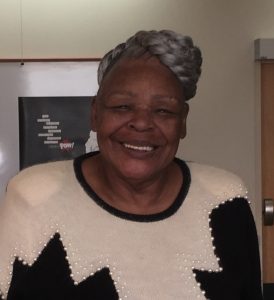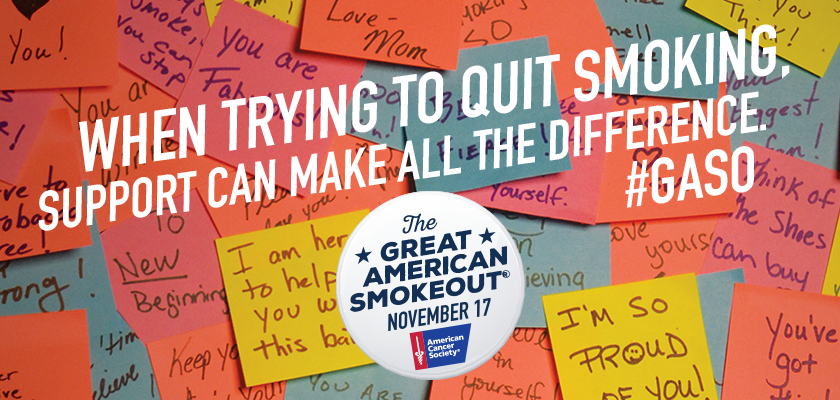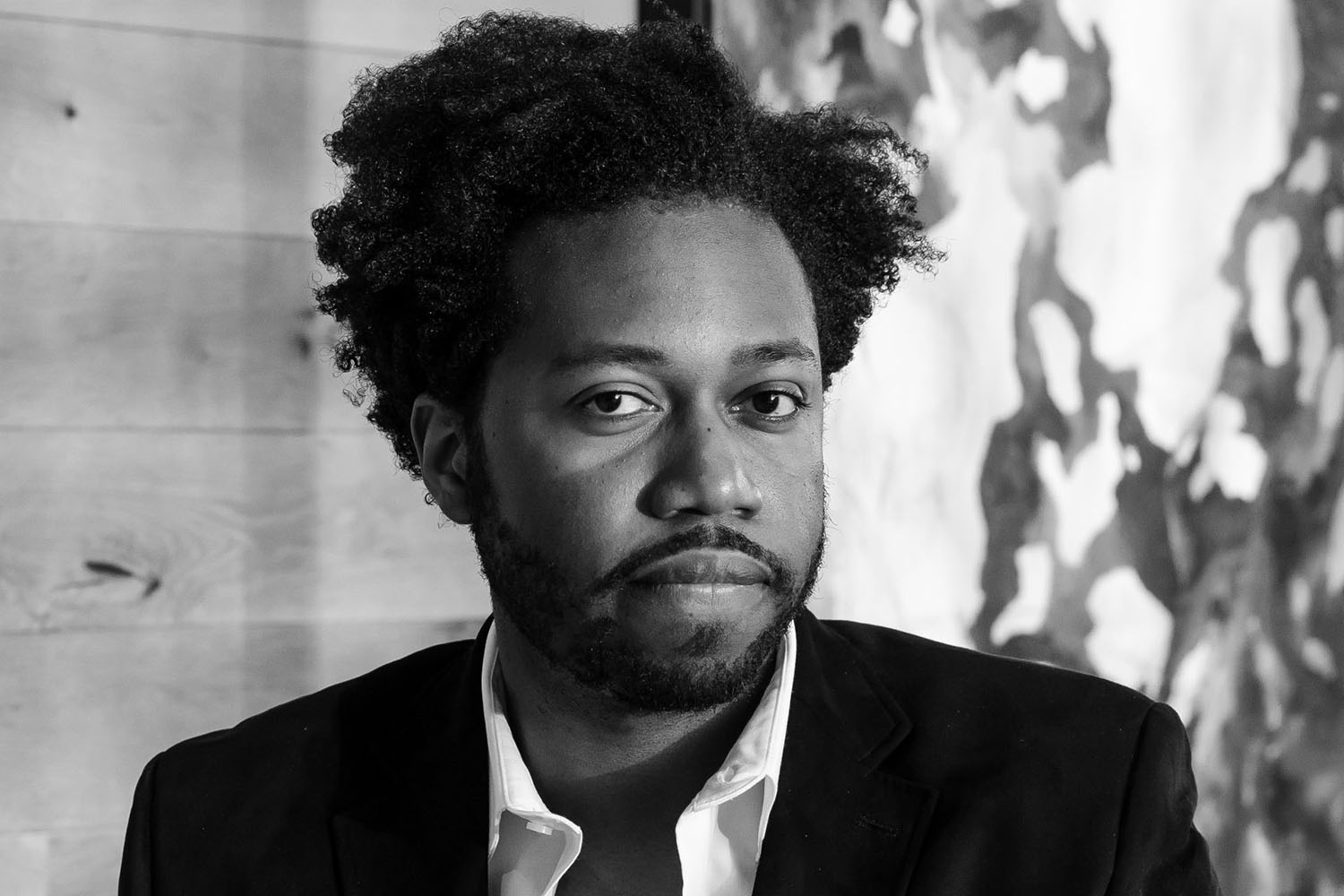
The American Cancer Society’s annual Great American Smokeout, a day when millions of Americans are urged to quit smoking and begin a healthier life free from tobacco, is Nov. 17.
In the U.S., tobacco use is responsible for nearly 1 in 5 deaths each year. Plus, smoking cigarettes is the biggest risk factor for lung cancer, the leading cause of cancer death. In fact, nine out of 10 lung cancers are linked to the preventable habit of cigarette smoking.
UConn Health recommends smokers wishing to quit join a smoking cessation program for additional support.
“There’s strength in numbers,” said Diahann Wilcox, APRN, a pulmonary medicine nurse practitioner and provider of the Wellness and Smoking Cessation Program at the Carole and Ray Neag Comprehensive Cancer Center at UConn Health. “When trying to quit smoking, support can make all the difference.”
With the support of the smoking cessation program at UConn Health, many patients have kicked the habit.

For 50 years Michel Gueret, 67, of Canton was a heavy smoker but successfully kicked the habit in 2013 by attending UConn Health’s smoking cessation program following an advanced lung cancer diagnosis.
“I attended and in the end to my amazement it was not hard at all to quit,” said Gueret. “I truly didn’t believe I could do that. Never underestimate what is possible. I have not smoked since.”
The smoking cessation program at UConn Health offers individualized behavioral and medication treatments for tobacco use and dependence, along with group support sessions. It is directed by Dr. Cheryl Oncken, chair of the Department of Medicine and Dr. Jayesh Kamath, associate professor in the Department of Psychiatry.
Stephen Petty, 70, of Colchester has remained tobacco free since 2000. “I was a heavy smoker. I started at 19 and quit sixteen years ago. I think it’s important to have a great relationship with your doctor and nurses.”

El Tuy Anderson, 73, of Hartford successfully quit smoking four years ago. “I quit smoking two weeks before I was diagnosed with lung cancer,” shared Anderson. “I haven’t touched one [a cigarette] since.
She added: “Cigarette smoking is not worth it. If you make up your mind you can stop.”
To quit smoking UConn Health recommends these five steps:
1. Pick a quit date
Consider choosing the Great American Smokeout on Nov. 17 as your quit day.
2. Prepare to quit
Think about the reasons why you want to quit and write them down. For motivation post your list where you will see it every day.
3. Know your resources
Talk to your provider about different quitting aids to consider, including over-the-counter nicotine replacements. Also, explore and join a local smoking cessation program.
4. Build support
Let your family, friends and co-workers know you are trying to quit so they can help encourage you.
5. Anticipate challenges
Less than 5 percent of smokers are able to quit cold-turkey. If you are having trouble start using a smoking tracker to record each cigarette you smoke and to better understand your smoking triggers so you can better prepare for them. Also, plan for how to address the people, situations, and events that may trigger your urge to smoke.
Do you want to plan to quit smoking? Feel free to join UConn Health for its Great American Smokeout event on Nov. 17 from 3:00-5:00 p.m. in its Main Building’s Onyiuke Dining Room. It will celebrate the success of former smokers and encourage others choosing to quit the habit with more information on smoking cessation services, more tips on how to quit smoking, along with other resources.
If you or someone you know is a smoker and wants to quit, call the Wellness and Smoking Cessation Program at: 860-679-2100.



